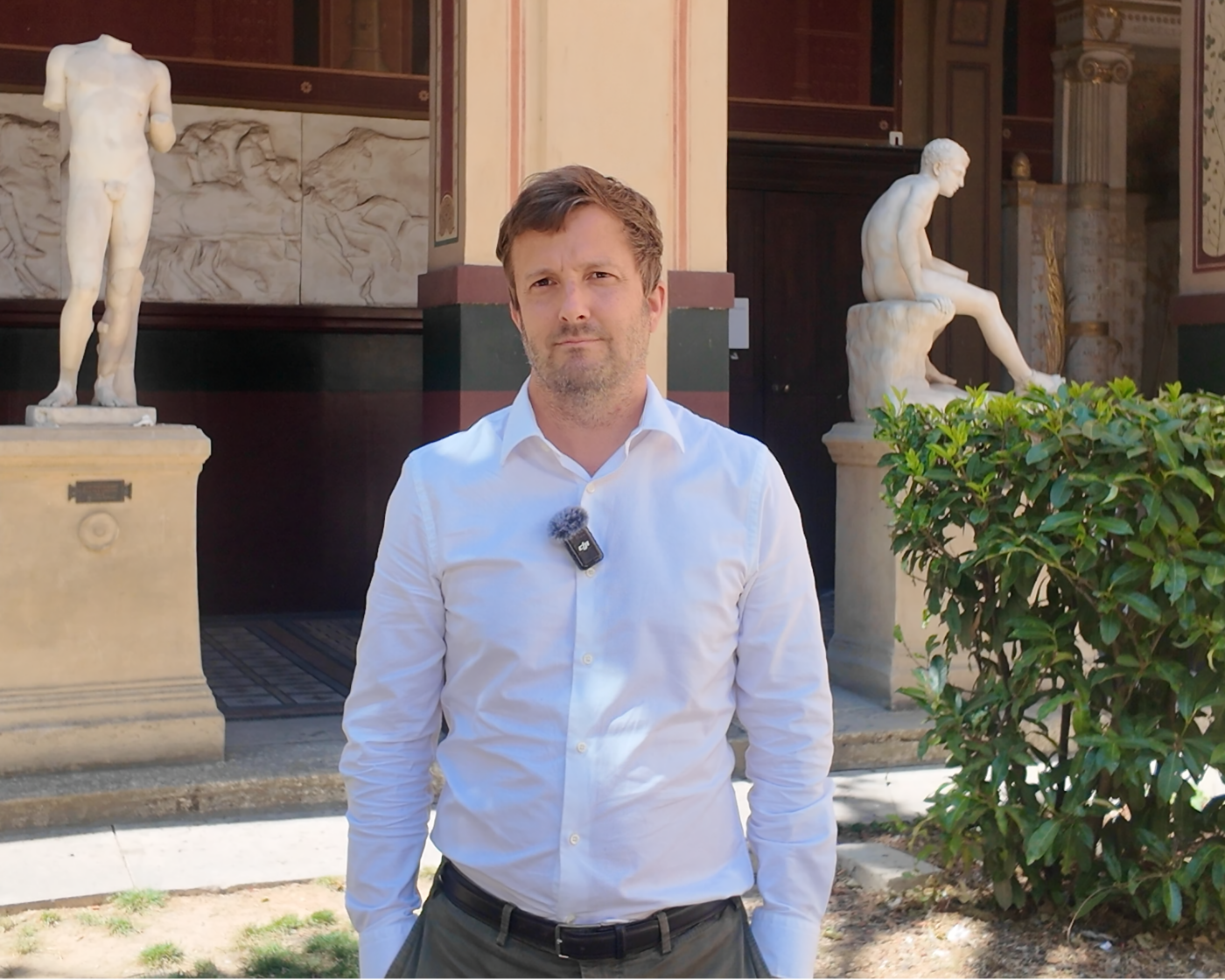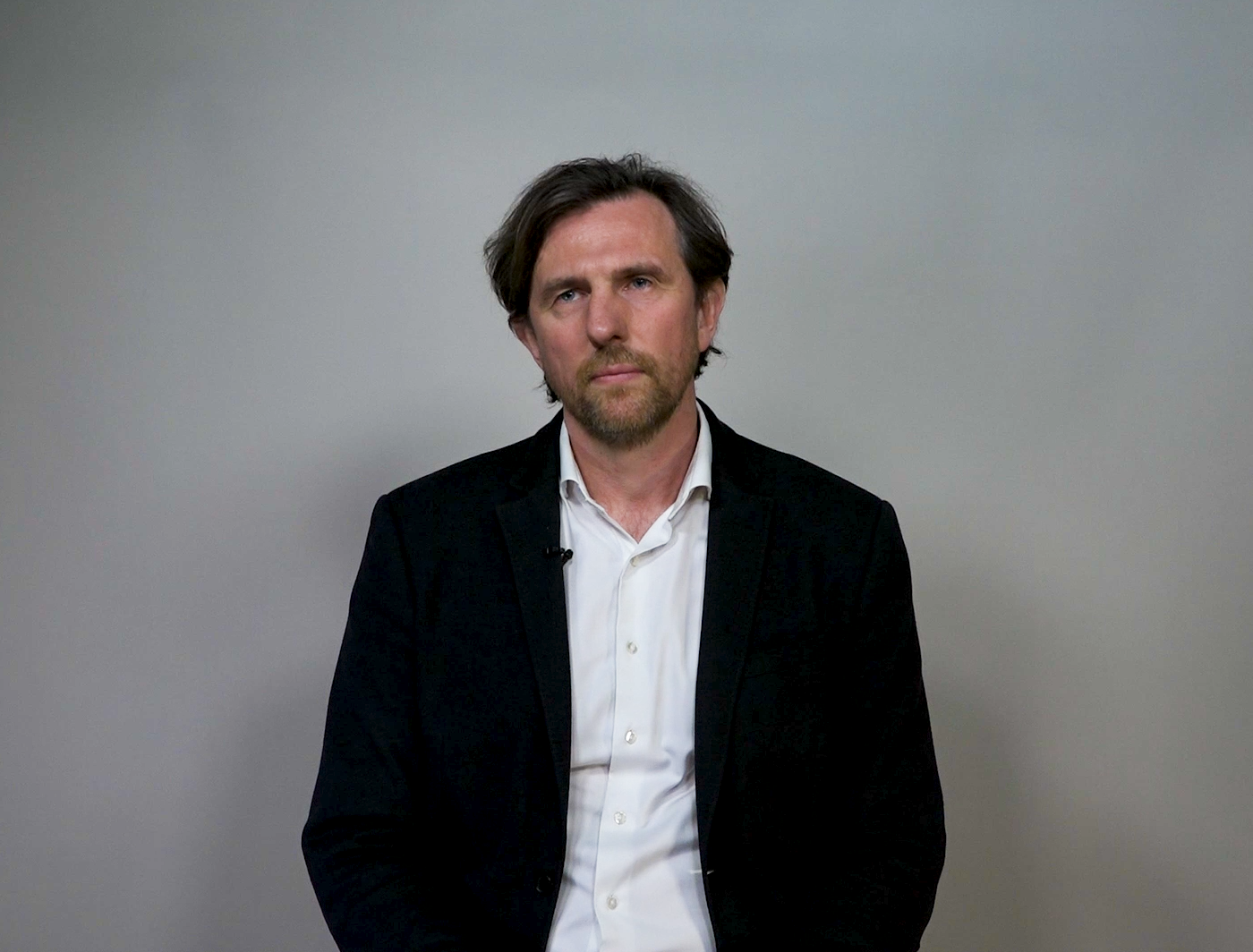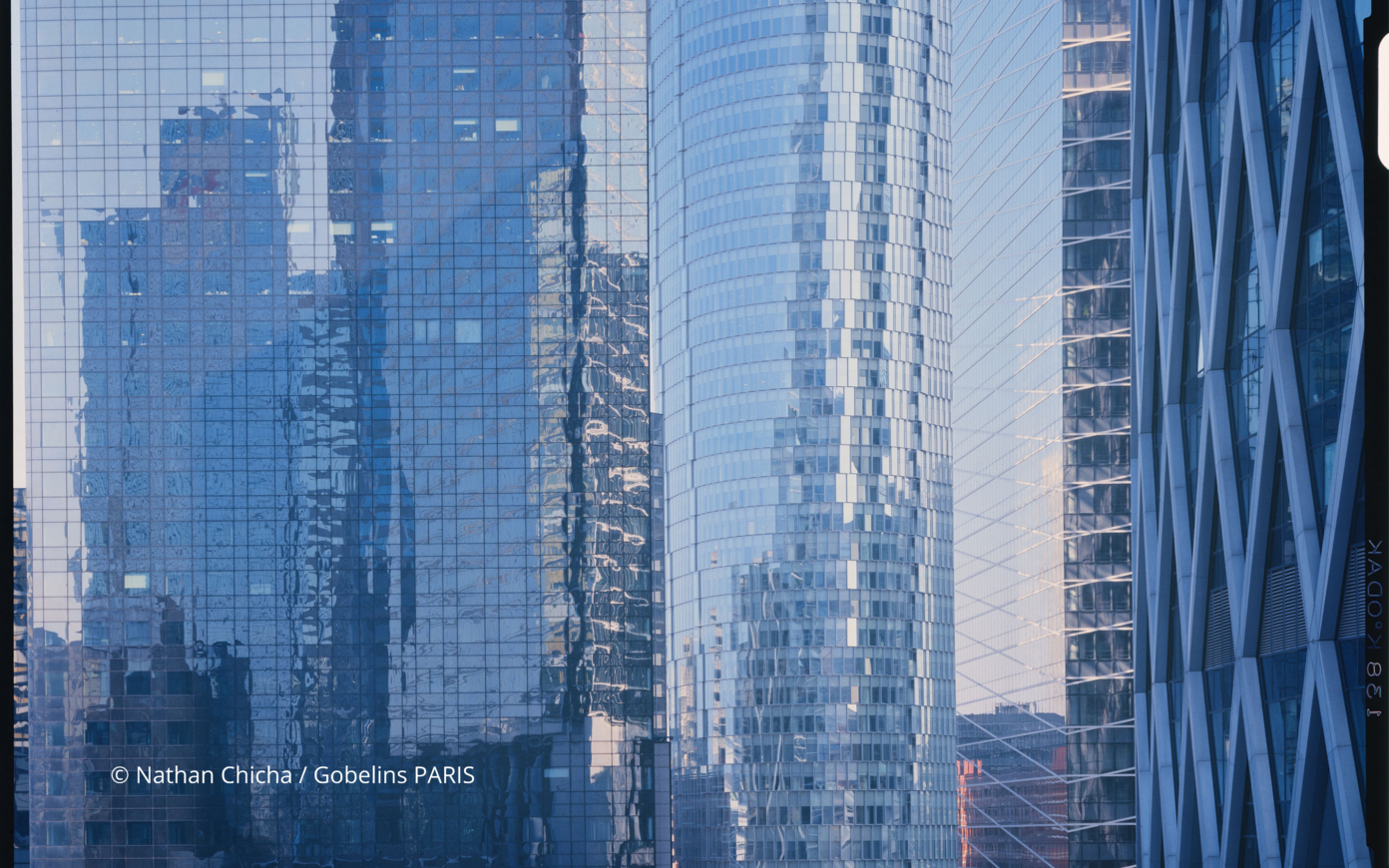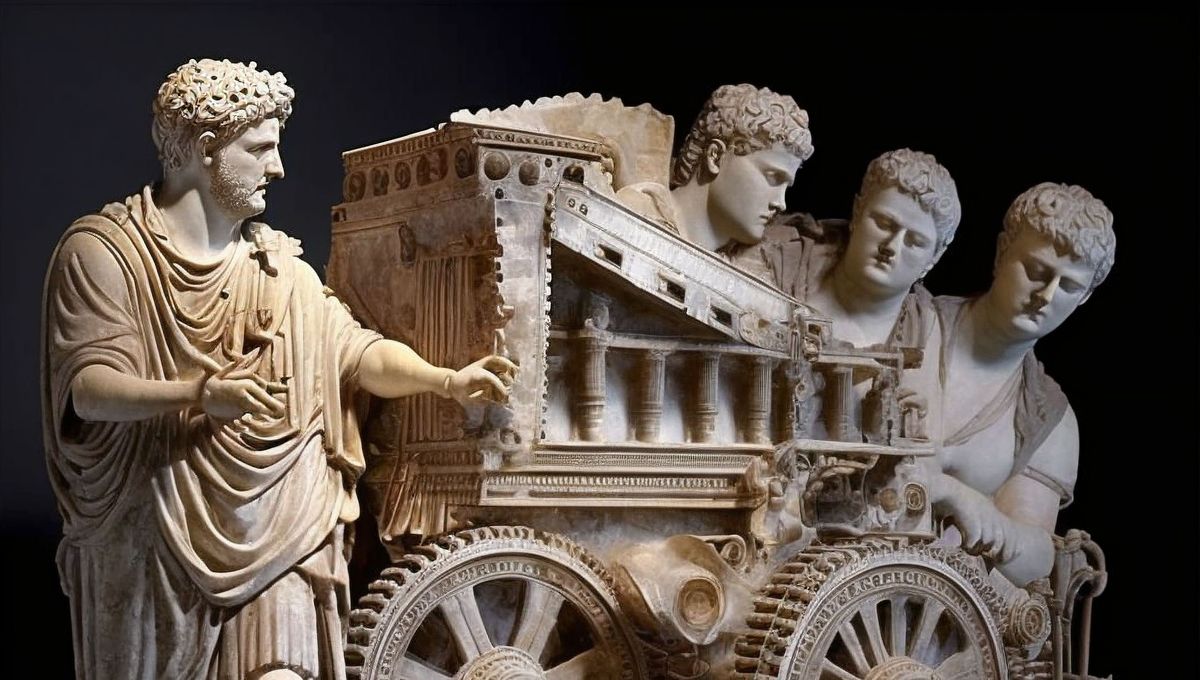Urban metabolism, at the heart of the matter
“ Exchanges of material flows are territorialized: in this sense, they are part of systems of power. ”
- Publish On 5 March 2025
- Clément Dillenseger, Pierre Desvaux
- 32 minutes
When we speak of urban metabolism, we are generally referring to the materials that enter and leave the city organism. Among these, waste plays a decisive role, challenging our understanding of what is clean and what is dirty, what is at the end of its life and what can be reused, what is new and what is outdated. Thus, studied from a qualitative rather than quantitative approach, waste reveals a great deal about our urban imaginations, which differ from country to country across the globe. This is what geographers Clément Dillenseger and Pierre Desvaux explain in Métabolisme(s). Matière en circulation, matière en transformation [Metabolism. Circulating matter, transformed matter] (co-authored with Laëtitia Mongeard, published by Éditions deux-cent-cinq). Read the podcast’s transcript.




